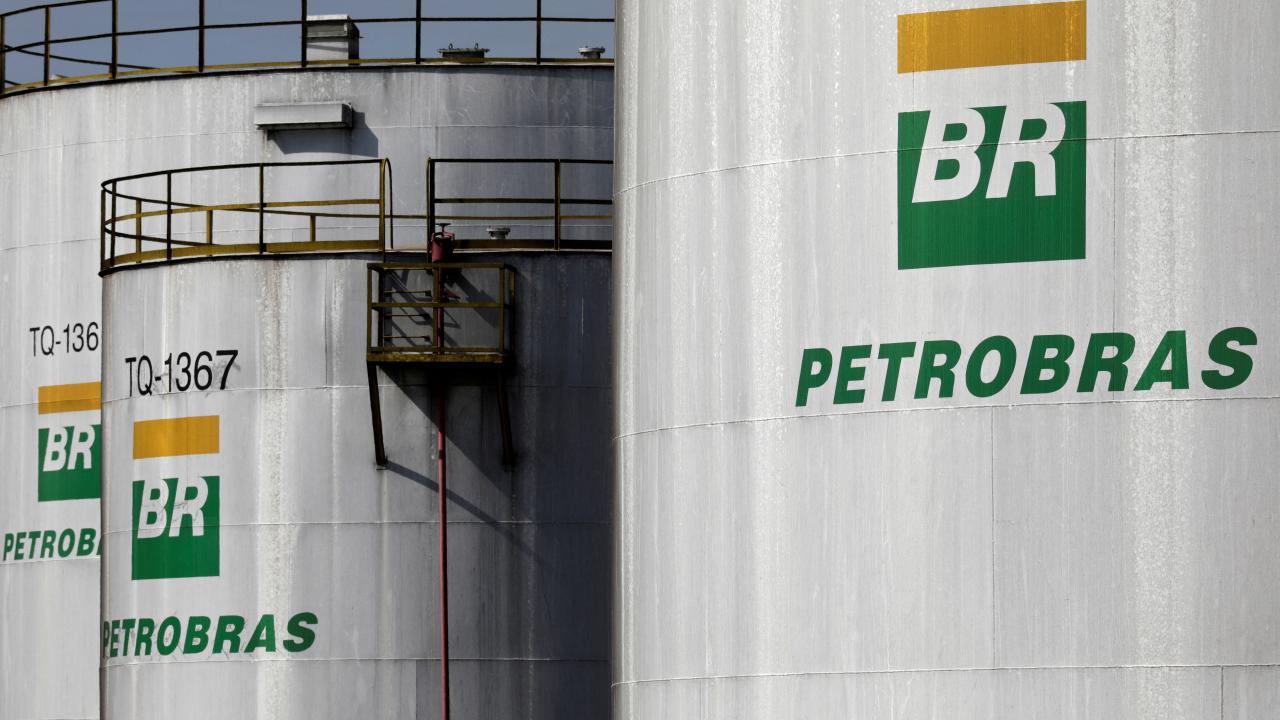
He will replace Jean Paul Prates, who was removed from office on May 14 by the president of Brazil.
The board of directors of Petrobras confirmed this Friday the appointment of Magda Chambriard as the company's new CEO, replacing Jean Paul Prates, who was dismissed on May 14 by the president of Brazil, Luiz Inácio Lula da Silva.
Magda Chambriard took office this Friday, while becoming part of the board of directors itself, without the need to call a shareholders' meeting for this purpose.
Chambriard's career has been linked to Petrobras since 1980, always working in the Production area, where he accumulated knowledge about all productive areas in Brazil. In 2002, she was transferred to the National Petroleum Agency (ANP) to advise the Exploration and Production department.
Shortly after assuming an advisory role at the ANP, he also assumed the superintendencies of Exploration and Block Definition, focusing on bidding processes. He was also responsible for the implementation of the ANP's Multi-Annual Geology and Geophysics Plan, which resulted in the collection of essential data for the success of bidding processes in new frontier sedimentary basins.
She became head of the ANP Board of Directors in 2008 and head of the General Directorate in 2012, having led the creation of the Superintendency of Safety and Environment and the Superintendency of Information Technologies, in addition to supervising work related to studies and preparation of contracts and tenders.
CONTROVERSIAL EXIT OF PRATES
Prates' departure from Petrobras occurred after several months of friction with ministers of the Brazilian Executive, such as with the Minister of the Civil House - head of cabinet - Rui Costa, and with the Minister of Mines and Energy, Alexandre Silveira, who competed for the influence on the company.
Added to this is that, recently, Lula and Prates had a dispute over the payment of dividends, since the latter refused to align with the board members appointed by Silveira who voted in favor of withholding the payment of extraordinary dividends to the shareholders. Some investors interpreted this situation as a sign of growing political interference by the ruling party in what is the largest oil-producing country in Latin America.
Under Prates' leadership, Petrobras changed direction, halting asset sales, protecting consumers from sharp fluctuations in international oil prices and allocating billions of dollars to energy transition investments.










